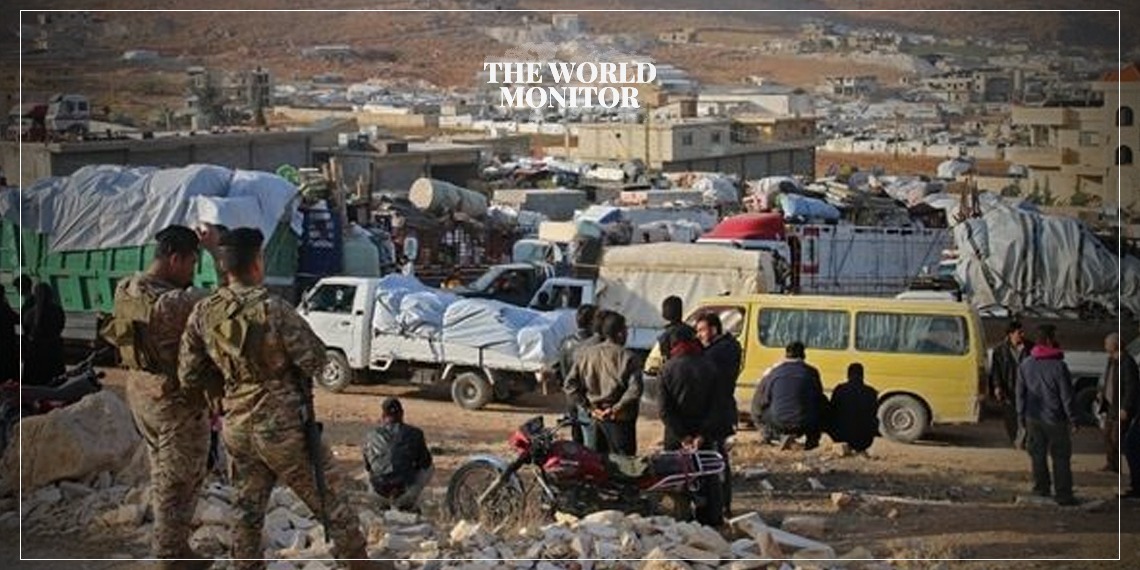The United Nations High Commissioner for Refugees (UNHCR) has affirmed its support for the right of Syrian displaced persons to freely return to their homeland “whenever they choose to do so.”
UNHCR spokesperson Dalal Harb stated, “We support and respect the humanitarian right of the displaced to freely and voluntarily return to their motherland, whenever they choose to do so, in accordance with international principles and non-refoulement.”
Harb noted that “most Syrian displaced persons express a desire to return to Syria, but their decision is based on several factors, including safety, security, housing, access to basic services, and securing livelihoods.”
Harb also confirmed “ongoing cooperation with the General Directorate of Public Security in Lebanon, which facilitates the return of those displaced who express their desire to return to Syria by registering their names,” noting that “cooperation with public security and other entities involves communicating with the displaced and providing them advice when possible, and being present at departure points before their return.”
According to UNHCR, there are over 6.49 million Syrian refugees registered worldwide. Turkey hosts the largest number with approximately 3.33 million, followed by Lebanon with 795,000, Jordan with 659,000, and Iraq with 263,000.
The humanitarian needs are substantial, with 15.3 million people within Syria requiring assistance. This includes a broad array of needs from food insecurity to lack of adequate healthcare and education for children. In the neighboring countries, the economic burden and social challenges continue to escalate, compounding the difficulties faced by both refugees and host communities.
The situation inside Syria for returnees is particularly challenging. Many returning Syrians face gross human rights violations such as arbitrary detention, torture, and other forms of abuse. The UN has reported that these abuses are widespread and that returnees are especially vulnerable.
The overall response to the Syrian refugee crisis includes providing shelter, medical care, and educational support, with efforts led by various UN agencies and humanitarian partners. There is also a continued emphasis on finding durable solutions for refugees, including possible resettlement or voluntary repatriation under safe conditions.






